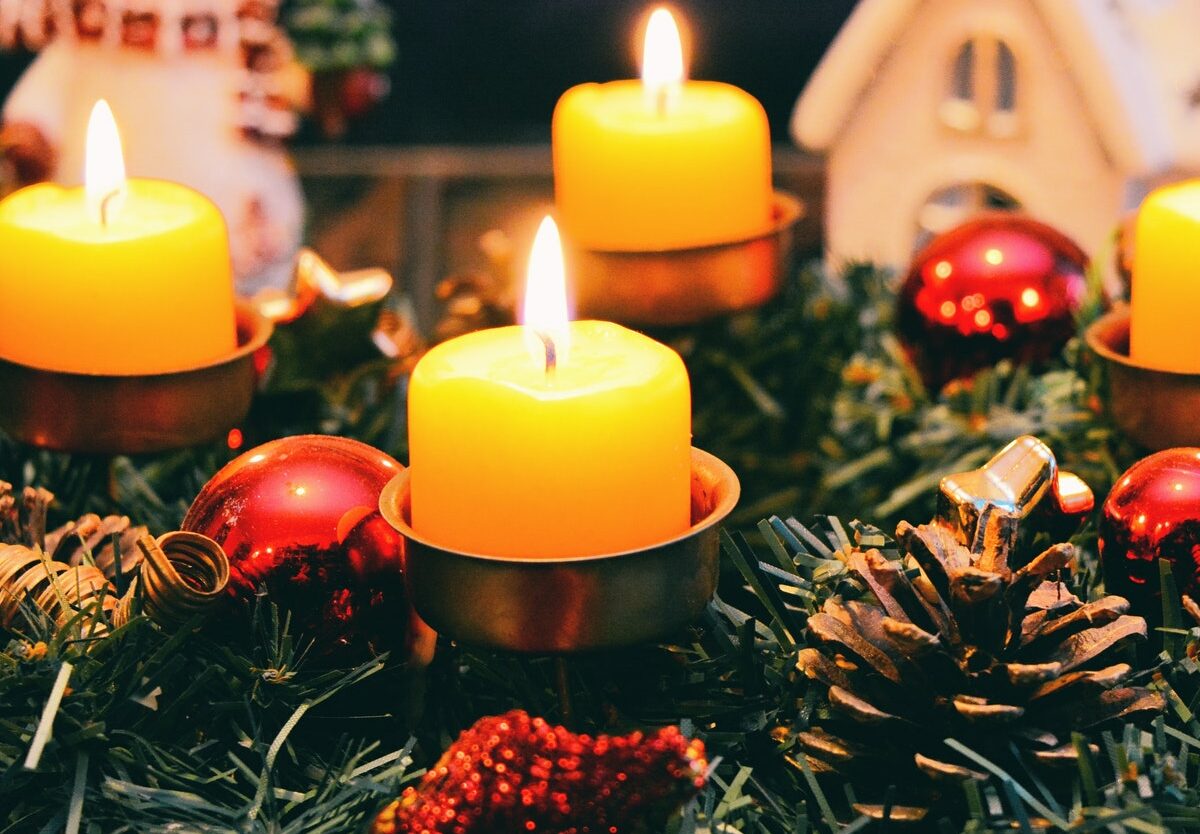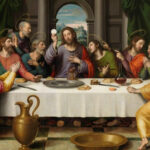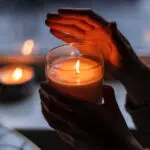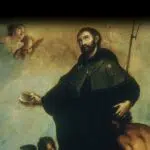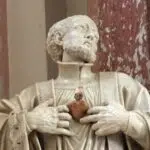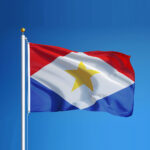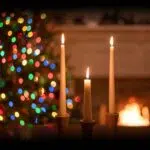The First Sunday of Advent, the start of a four-week observation beginning on the fourth Sunday before Christmas, takes place on December 3 this year. Derived from the Latin word for arrival — “adventus” — Advent is observed by Christian denominations worldwide to mark the start of the spiritual period of preparation for the celebration of Jesus’ birth on Christmas Day, and the beginning of a new Christian year.
History of First Sunday of Advent
The First Sunday of Advent is a reverent day in the Christian community and offers an opportunity for renewal and the beginning of the holy Advent season. The Advent season marks the ushering in of the liturgical year which is observed as a time of expectant waiting and preparation for the nativity or birth of Christ and his return in the Second Coming.
There is no certainty on when the Advent season came to be, however it was certainly in existence from about 480 with the introduction of a novelty that ordered monks to fast every day in December until Christmas. According to Saint Gregory of Tours, the celebration of Advent began in the fifth century when Bishop Perpetuus directed the start of fasting three times a week, from St. Martin’s Day on November 11 until Christmas. This is why Advent was sometimes also named Lent of St. Martin, and by the year 581, all of France was abiding by this practice. In fact, more devout followers fasted every day.
In the 13th century, the fast of Advent was not commonly practiced although it was still generally observed. It was then limited to the period from the feast of Saint Andrew on November 30, until Christmas Day, and falls on the Sunday closest to St. Andrew’s Day, or the fourth Sunday before Christmas.
The liturgy of Advent remained unchanged until the Second Vatican Council introduced minor changes, differentiating the spirit of Lent from that of Advent, emphasizing Advent as a season of hope for Christ’s resurrection.
First Sunday of Advent timeline
The Council of Tours of 567 introduces a novelty that orders monks to fast every day during December until Christmas Day.
The Macon council adopts the practice in Tours and all of France observes three days of fasting a week from the feast of Saint Martin until Christmas.
In the 13th century, fasting during Advent declines.
Advent traditions spread from Europe to the United States, especially the Advent calendar, which became very popular in the United States after World War II.
First Sunday of Advent FAQs
What is done on the First Sunday of Advent?
On the First Sunday of Advent, Christians start lighting their Advent wreaths and praying their Advent daily devotional to celebrate the beginning of the liturgical year.
What do the four Sundays of Advent represent?
Each of the four Sundays preceding Christmas represents the four virtues brought by Christ; hope, love, joy, and peace.
What color is symbolic of the First Sunday of Advent?
Purple is historically the main color used for Advent because it reflects penitence, fasting, and the color of royalty to welcome the Advent of Jesus Christ.
How to Observe the First Sunday of Advent
Make a wreath
The Advent wreath, or Advent crown, is a Christian tradition that symbolizes the passage of the four weeks of Advent. Make your own wreath, or buy an already made one and light it with candles. Place your wreath anywhere in your home to serve as a symbol of reverence.
Make or buy an Advent calendar
An Advent calendar is a card or poster with 24 small doors, one to be opened each day from December 1 until Christmas Eve. Each door conceals a picture, symbol, or scriptural text. It’s a fun way to usher in the season and makes a great activity to enjoy with loved ones.
Attend a church service
There are usually church services organized on the first Sunday of Advent for the readings and teachings of the season and it’s a great way to learn more about this spiritual period.
5 Facts You Should Know About Advent
Violet is a popular color
Purple represents repentance and fasting, and is the color used for decorations and all other items used during the Advent season.
The third Sunday is for rejoicing
On the third Sunday of Advent, called Gaudete Sunday, Christians take a break from repenting to celebrate Christ’s imminent arrival.
Not all Advent calendars are alike
There are Advent calendars that contain chocolates, LEGO pieces, and even diamonds.
It’s a time for sorrow and joy
During Advent, devout Christians take the time to pray, reflect on the past year, mourn for the sin and evil in the world, or express hope and joy for the Second Coming.
Its start date varies
In most Western churches, Advent begins on the Sunday four weeks before Christmas Day, so it may start at the end of November or the beginning of December depending on the calendar.
Why the First Sunday of Advent is Important
It serves as a new beginning
Advent season marks the start of a new year for Christian churches. A new year is always an opportunity for growth, restoration, and renewal.
It gives people hope
One of the major celebrations of Advent is the birth and Second Coming of Christ. This is a hopeful time in the lives of Christians that paints a better future for the world.
It’s an opportunity for self-reflection
The Advent season is also a time for sobriety and personal reflection. It gives Christians an opportunity to renew their faith and solidify their relationship with God.
First Sunday of Advent dates
| Year | Date | Day |
|---|---|---|
| 2024 | December 1 | Sunday |
| 2025 | November 30 | Sunday |
| 2026 | November 29 | Sunday |
